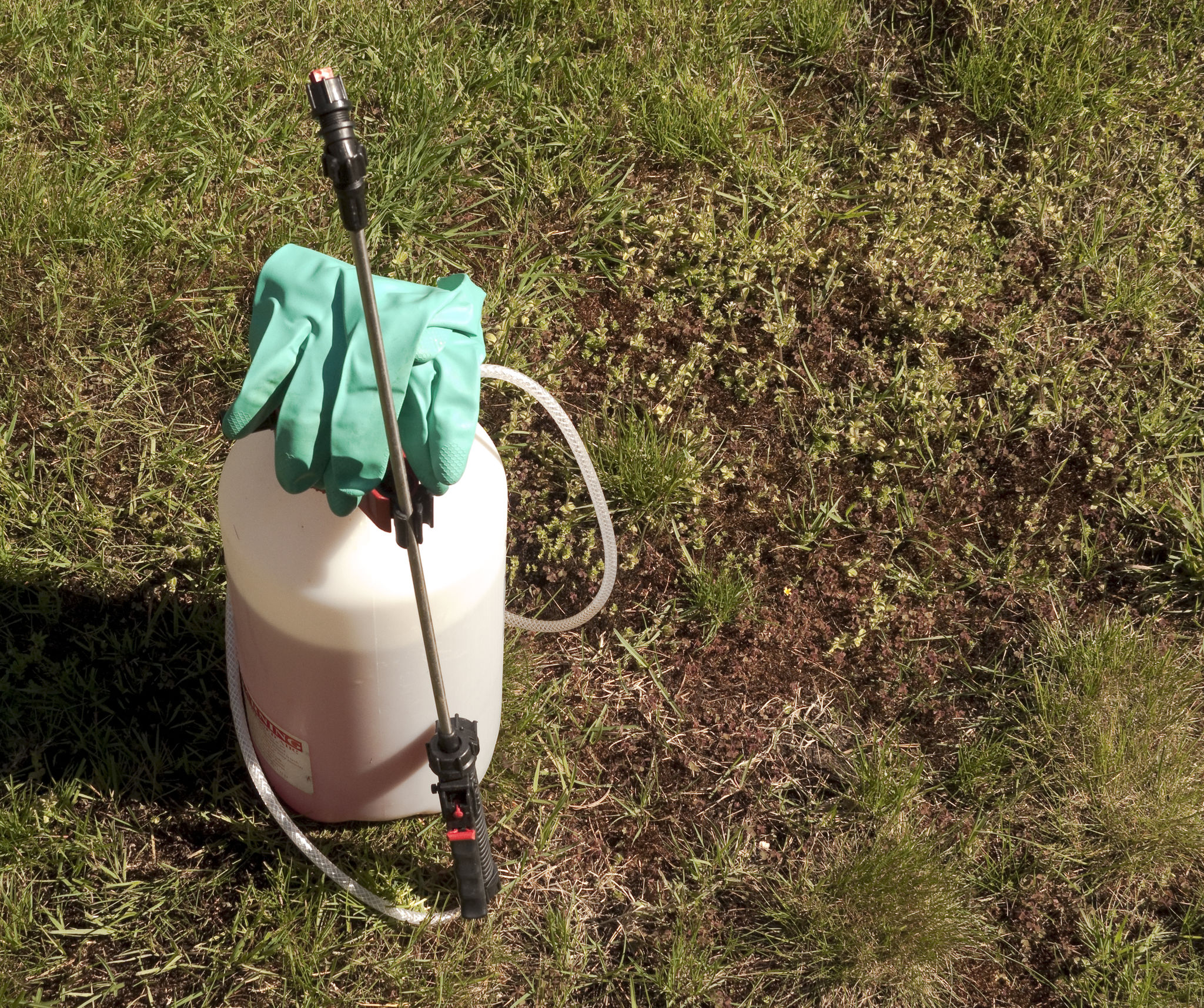Your Ultimate Guide to Lawn Care in Essex County
Understanding Your Lawn's Needs
If you're a homeowner in Essex County, maintaining a lush and healthy lawn might be high on your priority list. The first step in lawn care is understanding the specific needs of your grass type and soil conditions. Essex County's climate, with its seasonal variations, affects how you should care for your lawn throughout the year. Knowing whether your grass is cool-season or warm-season will influence your maintenance schedule.

Soil Testing and Preparation
Before you start any lawn care routine, it's essential to test your soil. Soil testing helps determine the pH level and nutrient content, allowing you to tailor your fertilization plan effectively. In Essex County, soil can vary widely, so testing ensures you're giving your lawn exactly what it needs. You can purchase a soil test kit or hire a professional service to get an accurate analysis.
Once you have your soil test results, prepare your lawn by addressing any deficiencies. This could involve adding lime to adjust pH levels or applying organic matter to enhance soil structure. Preparing your soil sets the foundation for a thriving lawn.
Effective Watering Practices
Watering is critical for maintaining a healthy lawn, but it's important to do it correctly. Essex County experiences both dry spells and heavy rains, so adjusting your watering practices according to weather conditions is vital. Ideally, lawns require about one inch of water per week, including rainfall. Early morning is the best time to water, as it reduces evaporation and fungal diseases.

Fertilization and Weed Control
Fertilizing your lawn provides essential nutrients that may be lacking in the soil. In Essex County, a balanced fertilizer applied in early spring and late fall helps promote growth and prepare your lawn for winter dormancy. Be careful not to over-fertilize, as this can lead to excessive growth and increased mowing needs.
Weed control is another crucial aspect of lawn care. Regular mowing, proper fertilization, and maintaining a thick lawn can naturally reduce weed growth. If necessary, spot-treat weeds with an appropriate herbicide to keep them at bay without harming your lawn.

Mowing Tips for a Healthy Lawn
Mowing might seem straightforward, but doing it correctly can make a significant difference in your lawn's health. Set your mower blades to the correct height; generally, cool-season grasses should be cut taller than warm-season varieties. Keep your mower blades sharp to ensure a clean cut and prevent tearing the grass blades, which can lead to disease.
Seasonal Lawn Care Tips
Each season brings its own set of challenges and tasks for maintaining a beautiful lawn in Essex County. In spring, focus on cleaning up winter debris and preparing for growth by aerating and overseeding if necessary. Summer requires vigilant watering during dry spells and monitoring for pests. Fall is the time to fertilize and prepare your lawn for the cold months ahead.
Winter might seem like an off-season for lawn care, but it's essential to keep foot traffic to a minimum and avoid spreading salt on grass areas. Planning ahead for seasonal changes ensures that your lawn remains healthy year-round.
Conclusion: A Beautiful Lawn Awaits
By following these tips and understanding the unique characteristics of Essex County's environment, you're well on your way to achieving the lush, green lawn you've always wanted. Consistent care and attention will ensure that your lawn remains vibrant and healthy throughout the seasons.

